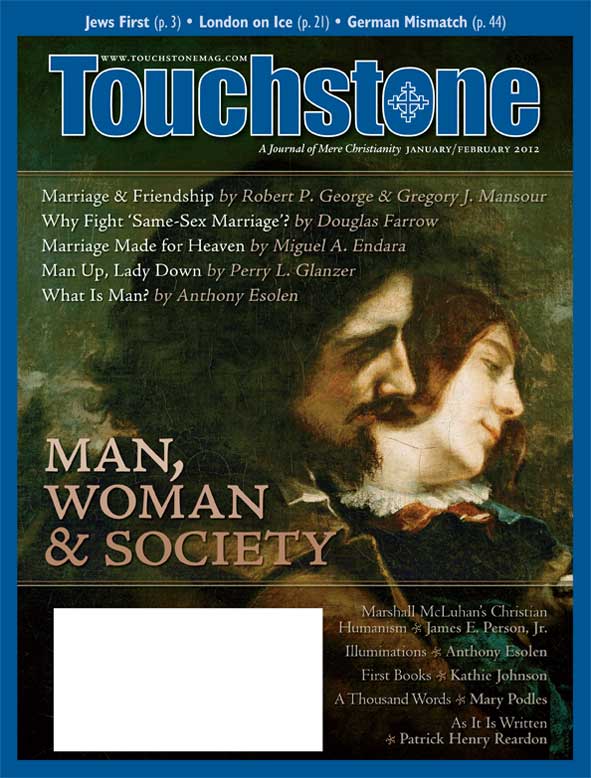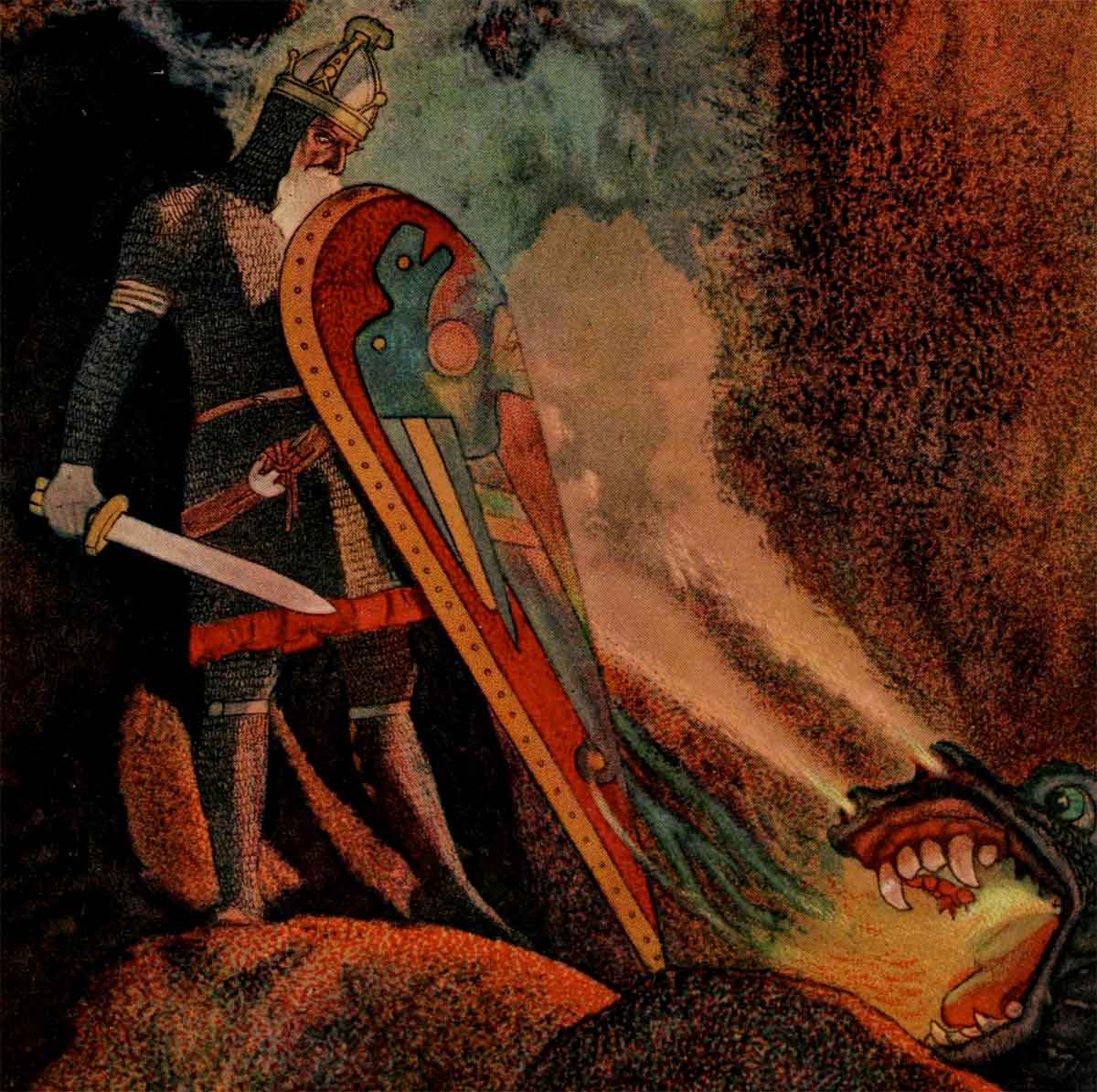The Gift of the Jews
God’s Chosen People & Our Messiah
Dux itineris fuisti in conspectu eius. Plantasti radices eius, et implevit terram—“Thou wast the guide of its journey in its sight; thou plantedst the roots thereof, and it filled the land” (Psalm 79:10, Vulgate and Douay-Rheims).
This allusion to the Exodus, the desert wandering, and the Conquest describes, not only what God did, but also what he continues to do, for that people whom he chose.
When he became the guide of their journey, it was an assumption of responsibility that he has never repudiated, because “God has not cast away his people whom he foreknew” (Rom. 11:2). In all the tragedies and suffering that make up the larger part of the history of the Jews, his special Providence has continued to hold them as the apple of his eye, and this will never cease to be the case. That choice was neither provisional nor temporary on God’s part. It is still in force, and it will shape the divine governance of the world until history is no more.
Of no other peoples can it be said that God planted their roots so deeply in history. In a measure without parallel in any other nation, the Jewish presence has filled the land, leavening the experience of many tribes and enriching the culture of many tongues.
God’s choice of the Jews means, “concerning the election they are beloved for the sake of the fathers” (11:28). God has left them no avenue of escape from being the “beloved” people. From the very first, when he was revealed in conspectu eius, he has haunted the deepest recesses of their memory.
Sometimes his presence among that people has been known in the joy of worship and the study of his Word, but often enough the divine presence has been revealed in the form of a cavernous absence, engendering bewilderment to the brink of despair. To this very hour, Jewish literature bears witness to this sense of presence and purpose. Even Jewish atheists and agnostics seem powerless to escape it.
If—as the Apostle Paul testifies—“the gifts and the calling of God are irrevocable” (11:29), it must be the case that ongoing Jewish history continues to be revelatory, not only to the Jews, but also to the rest of us.
If, that is, we pay attention to it. Although the forces of history—to say nothing of our own sins and hardness of heart—have alienated us from them, I think it is a mistake for Christians to ignore the Jews or to pretend that God has no further interest in them. The Jews certainly know better!
The Love of the Lion of Judah
The truly important question is not what the Jews think of the Messiah, but what the Messiah thinks of the Jews. When we read with what tears he expressed his longing to gather Jerusalem’s children as the hen shelters her brood under her wings, are we to imagine that the Messiah has since repudiated those sentiments?
Clearly, this was not the view of the Apostle to the Gentiles, who spoke of a significant “until” regarding the future of the Jews and the ultimate stages of history. He reminded us of an ongoing mysterion still at work in the world, lest we should become wise in our own opinion (11:25). This was the context in which Paul warned us against assuming a superior attitude with respect to the Jews: “Therefore consider the goodness and severity of God: on those who fell, severity; but toward you, goodness, if you continue in goodness. Otherwise you also will be cut off” (11:22).
If the Messiah’s disciples—we Christiani—lose interest in the ongoing life and the future of the Jews, I fear we will forfeit a good understanding of God’s continued sovereignty over history. We will darken our own path, failing to take the full measure of the fidelity and economy God has placed—once and for all—at the service of the election he made at Sinai. We do well to remember that even as the Messiah continues to break the seven seals and to manifest the lively content of the Great Scroll, he does so—St. John tells us—as “the Lion of the tribe of Judah” (Rev. 5:5).
I am convinced that, in the divine eyes, the Jews are still “beloved.” Most especially since the day when the universus populus invoked his blood upon themselves and upon their children (Matt. 27:25, Vulgate), the Messiah has looked upon the Jews with a resolute and undying love. If this is not the case, then I confess I have never understood one word of the gospel.
—Patrick Henry Reardon, for the editors
Patrick Henry Reardon is pastor emeritus of All Saints Antiochian Orthodox Church in Chicago, Illinois, and the author of numerous books, including, most recently, Out of Step with God: Orthodox Christian Reflections on the Book of Numbers (Ancient Faith Publishing, 2019).
bulk subscriptions
Order Touchstone subscriptions in bulk and save $10 per sub! Each subscription includes 6 issues of Touchstone plus full online access to touchstonemag.com—including archives, videos, and pdf downloads of recent issues for only $29.95 each! Great for churches or study groups.
Transactions will be processed on a secure server.
more from the online archives
calling all readers
Please Donate
"There are magazines worth reading but few worth saving . . . Touchstone is just such a magazine."
—Alice von Hildebrand
"Here we do not concede one square millimeter of territory to falsehood, folly, contemporary sentimentality, or fashion. We speak the truth, and let God be our judge. . . . Touchstone is the one committedly Christian conservative journal."
—Anthony Esolen, Touchstone senior editor










